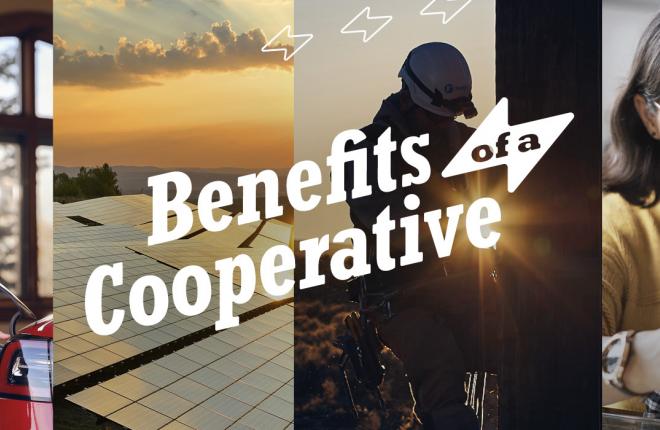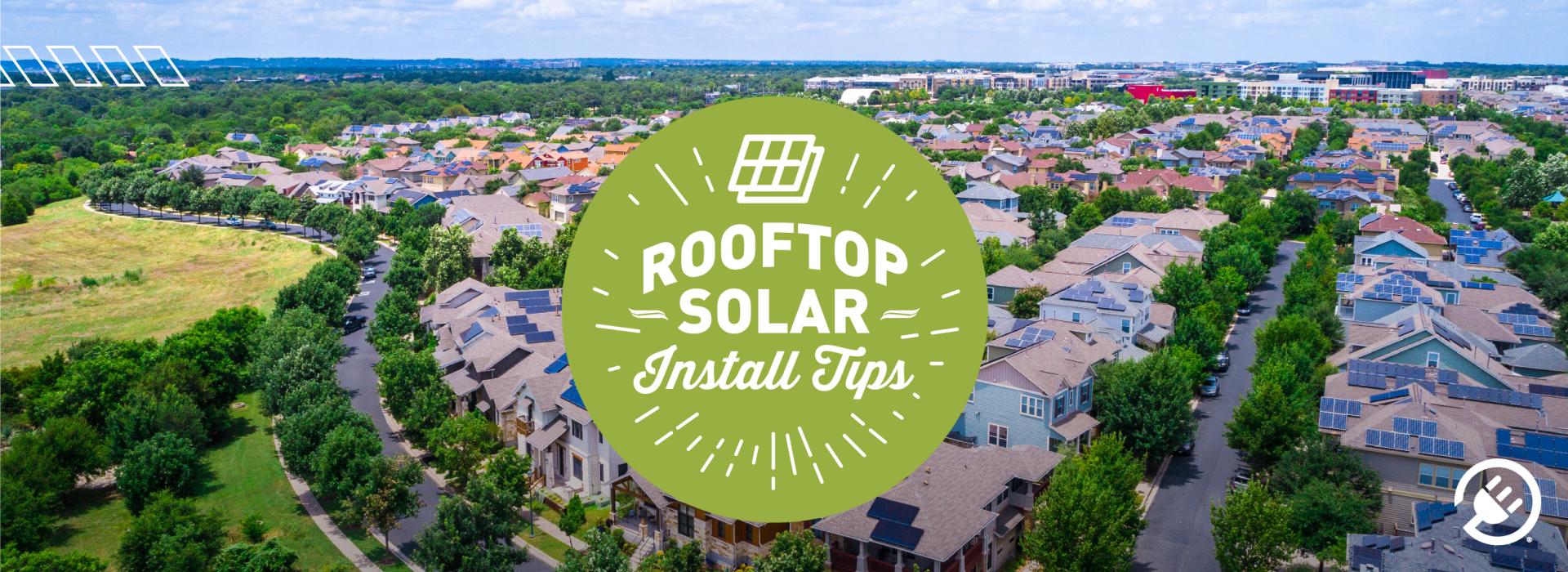
April 6, 2020
Read This Before Investing In Rooftop Solar Panels
Rooftop solar panels are becoming increasingly popular across the USA. In fact, according to the Solar Market Insight Report, the U.S. solar market surpassed 2 million installations in Q1 of 2019 – just three years after the market surpassed the 1 million installation milestone. The industry is expected to hit 3 million installations in 2021 and 4 million installations in 2023.
But before you invest in rooftop solar panels, make sure you consider a few things first and read the fine print if you're looking to earn money back with tax credits.
5 Things to Consider Before Installing Rooftop Solar Panels
What is the condition of your roof?
Installing rooftop solar panels can be a great investment but it's important to make sure your roof is in tip-top condition first. Have a professional inspect your roof for any issues such as missing tiles, shingles, gutter effectiveness, soft spots or leaks. Also, consider the weight of which your roof can handle. Installing solar panels will increase the weight on the structure of your roof. If the weight of these solar panels is too much for your roof to handle, there is a potential for it to collapse. Safety first!
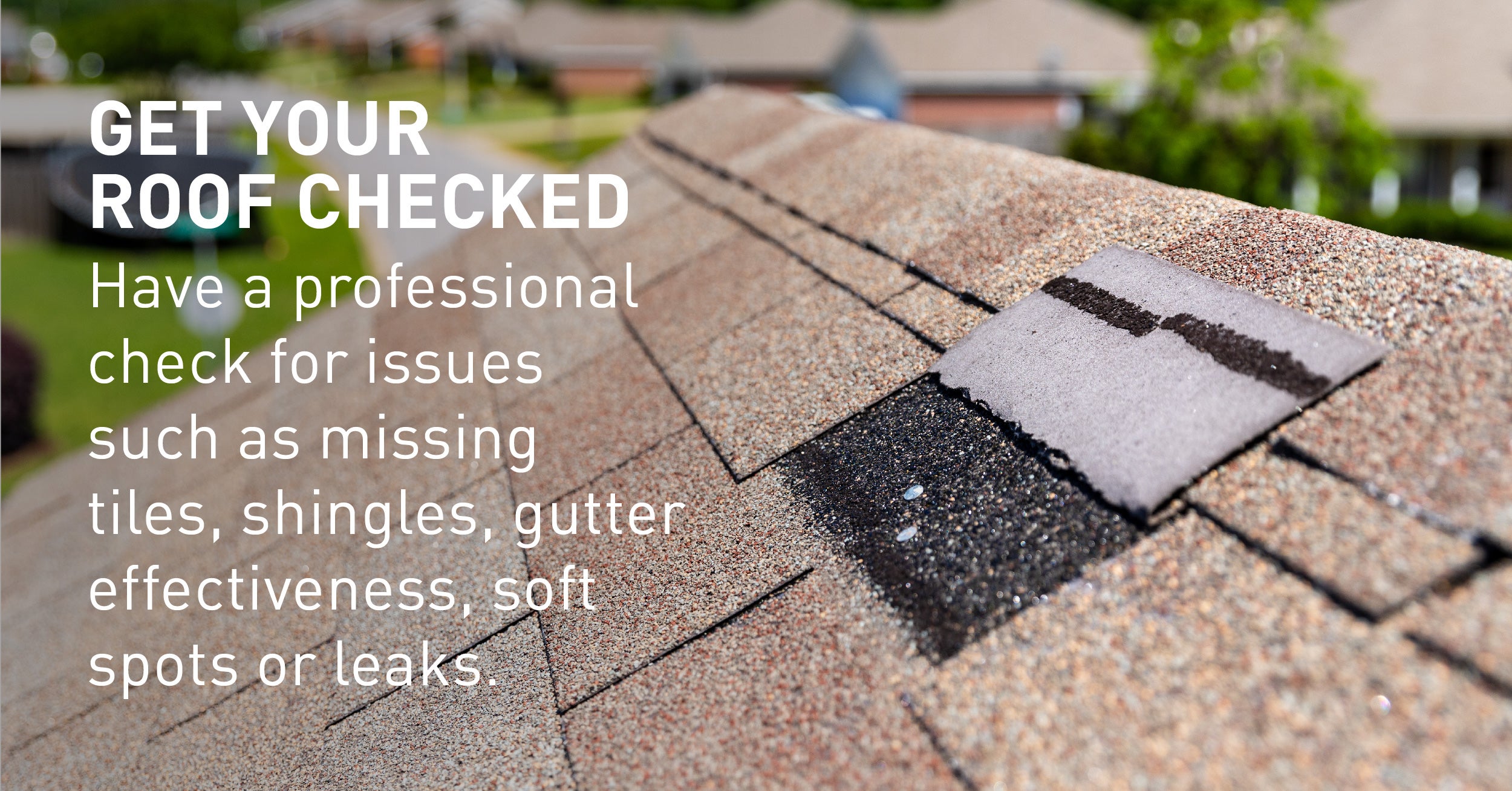
Do you know the best direction for maximum effectiveness?
Working with a professional installer will be best in determining the location for your panels, or if your roof is large enough to accommodate enough panels to meet your requirements.
How will you connect to the grid?
- How long will it take to get connected?
- Will you need to pay any fees or additional fees?
- How will you be credited for the generated electricity?
- When will you be credited for your generated electricity?
Is your Contractor a referral or trusted source?
As with any home repair or installation, it is wise to use a licensed, well-reviewed and trusted source. At Tri-State, we work with a network of trusted contractors for solar panel installation and repair. Get in touch with your local co-op to learn more before hiring a contractor or signing anything.
Have you read the contract fully?
When you've found a trusted contractor and you're ready to sign the contract, be sure to read the fine print and ask as many questions as possible to avoid any misunderstandings. Some subjects to look for include:
- Financing requirements and expectations
- Ownership expectations
- Performance expectations, Warranties
- 2nd party entities that might collect data on your electricity production and usage
- Companies that have access to your electricity production and usage data
- Ownership rights of Energy Credits, how they are used, etc.
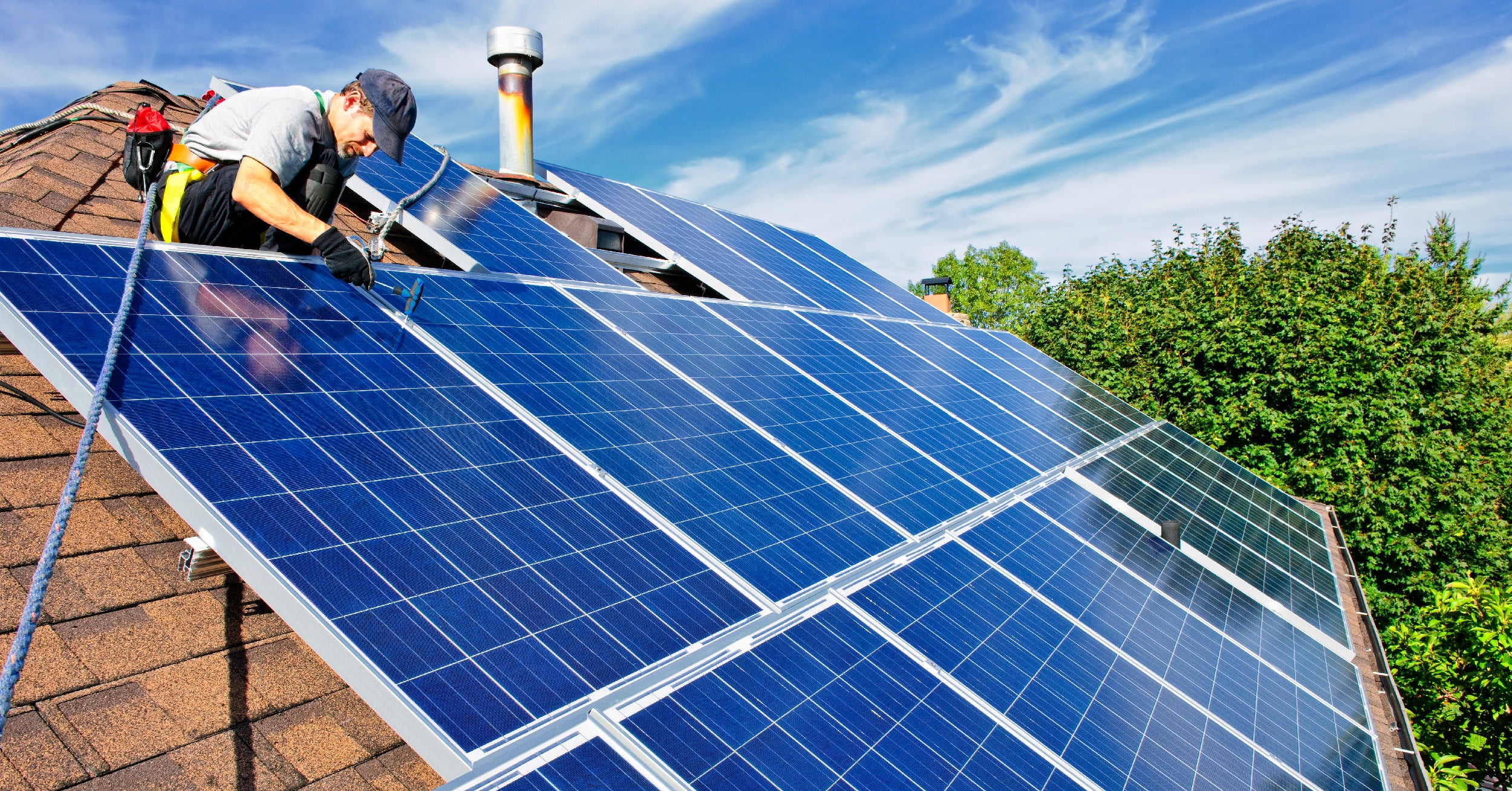
Renewable Energy Credits and My Electric Co-Op
A few years ago, energy lawyer Steven Weissman began shopping around for rooftop solar panels for his home. The deal was much like a lot of the incentives out there: For zero money down, a leading residential provider will install panels on your roof. The company would also own the equipment, and you buy the power it produces for less than you've been paying on electric utility bills. Sounds like a win-win, no-hassle solution, right? Not exactly.
What Weissman didn't know until he read the contract was the solar panel company would also retain ownership of his system’s renewable energy credits, also known as RECs. RECs are a tradable financial instrument that corresponds to a certain amount of energy produced by a certain renewable source like solar or wind. RECs have value, ranging anywhere from a few pennies to a few dollars, depending on the state you live in and the hours’ worth of energy your rooftop panels produce.
If you aren’t sure about whether or not you qualify for energy credits from your local electric coop, reach out and speak with a representative first before installing.
Money Questions to Ask When Purchasing Solar Rooftop Panels:
- What is the total installed price of the complete system?
- Will I need to finance?
- Who gets the tax credits (the “renewable energy credit”)?
- Will I receive “free” electricity once panels are paid for?
Money Questions to Ask if Leasing Solar Rooftop Panels:
- What is the upfront cost of the system?
- Who gets the tax benefit (the “renewable energy credit”)
- Can the lease be transferred if I sell the house?
- Does the lease company have the right to run a credit check?
According to Solar Reviews, the amount of money you save by investing in solar energy varies, depending on factors including where you live, the incentives available from your state government and the type of system you install. Regardless of individual circumstances, however, the savings are significant. For example, installing a 5-kilowatt system could result in lifetime savings of $38,000 in Oregon, or more than $70,000 in California. While these are very different numbers, they still represent a remarkable solar panel return on investment.
Responsible Energy Plan
We are leading a clean energy transition. Together with our electric cooperatives and public power district members, we are expanding renewable energy generation and reducing emissions while ensuring reliable, affordable and responsible electricity for the communities we power. Learn more about our Responsible Energy Plan here. We have a vision for the future in which the benefits of an economy-wide energy transition – from cleaner air to economic opportunity to a greener grid – are shared with everyone.
Our Responsible Energy Plan (REP) outlines our commitments and goals to help make that vision a reality. With this plan, we can achieve an energy transition that allows us to be responsible to our members, our communities, our employees and our environment.
Electrify and Save™
--
About Tri-State
Tri-State is a power supply cooperative, operating on a not-for-profit basis, serving electric distribution cooperatives and public power district member-owners in four states. Together with our members, we deliver reliable, affordable and responsible power to more than a million electricity consumers across nearly 200,000 square miles of the West. Visit www.tristate.coop.
Blog Posts

Members of Tri-State direct and support our future Rick Gordon, chair and president
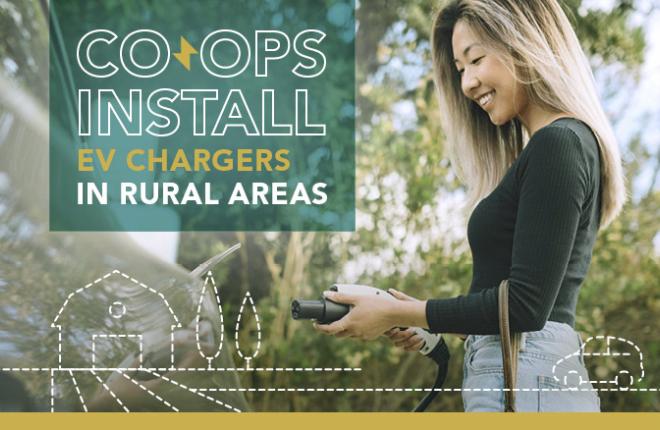
Cooperatives Bringing Electric Vehicle Chargers to Rural Communities
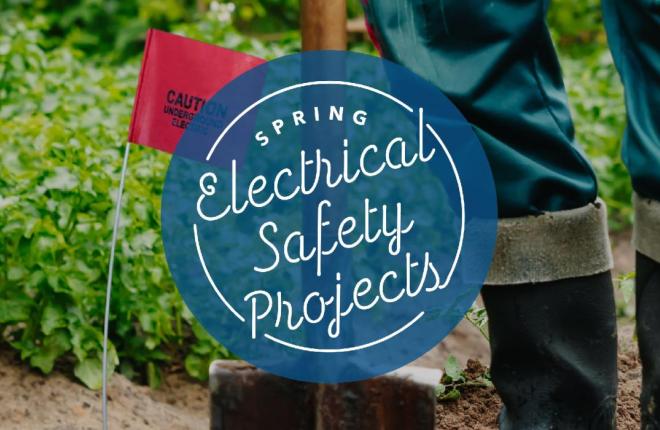
Include Electrical Safety in Your Spring Cleaning and Summer Projects

Co-op-Powered Broadband Keeps People Connected When it Counts
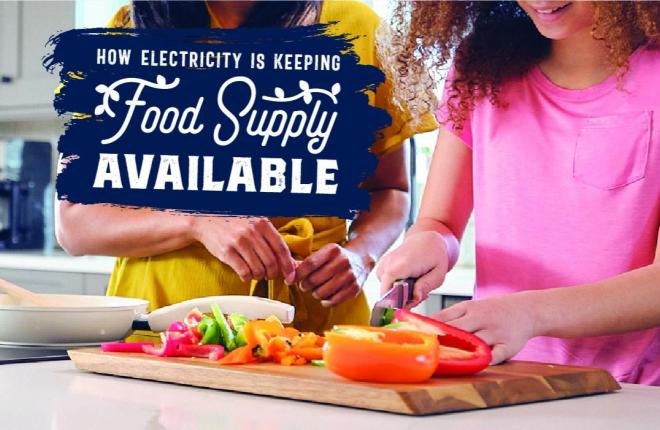
How Electricity is Keeping Food Supply Available
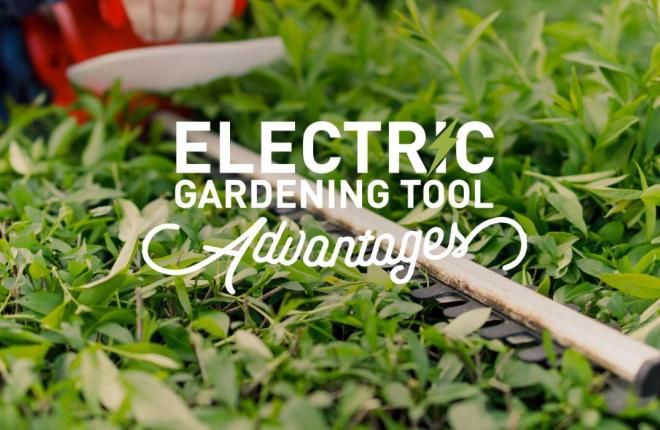
Take Advantage of These 5 Powerful Electric Gardening Tools

18 Stay at Home STEM Activity Sites for Learning and Fun
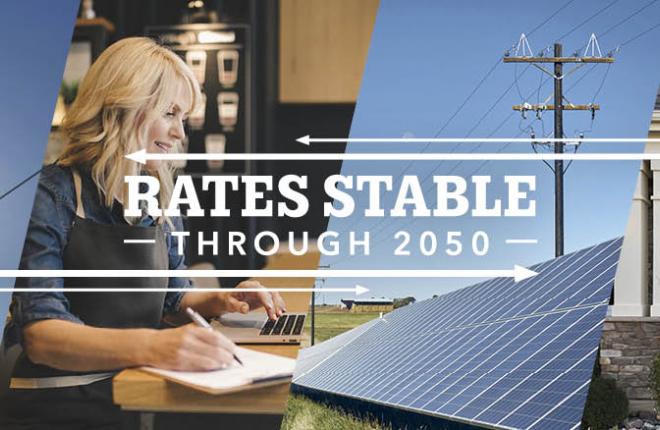
Tri-State’s wholesale rates are stable, and forecasted to remain so to 2050
